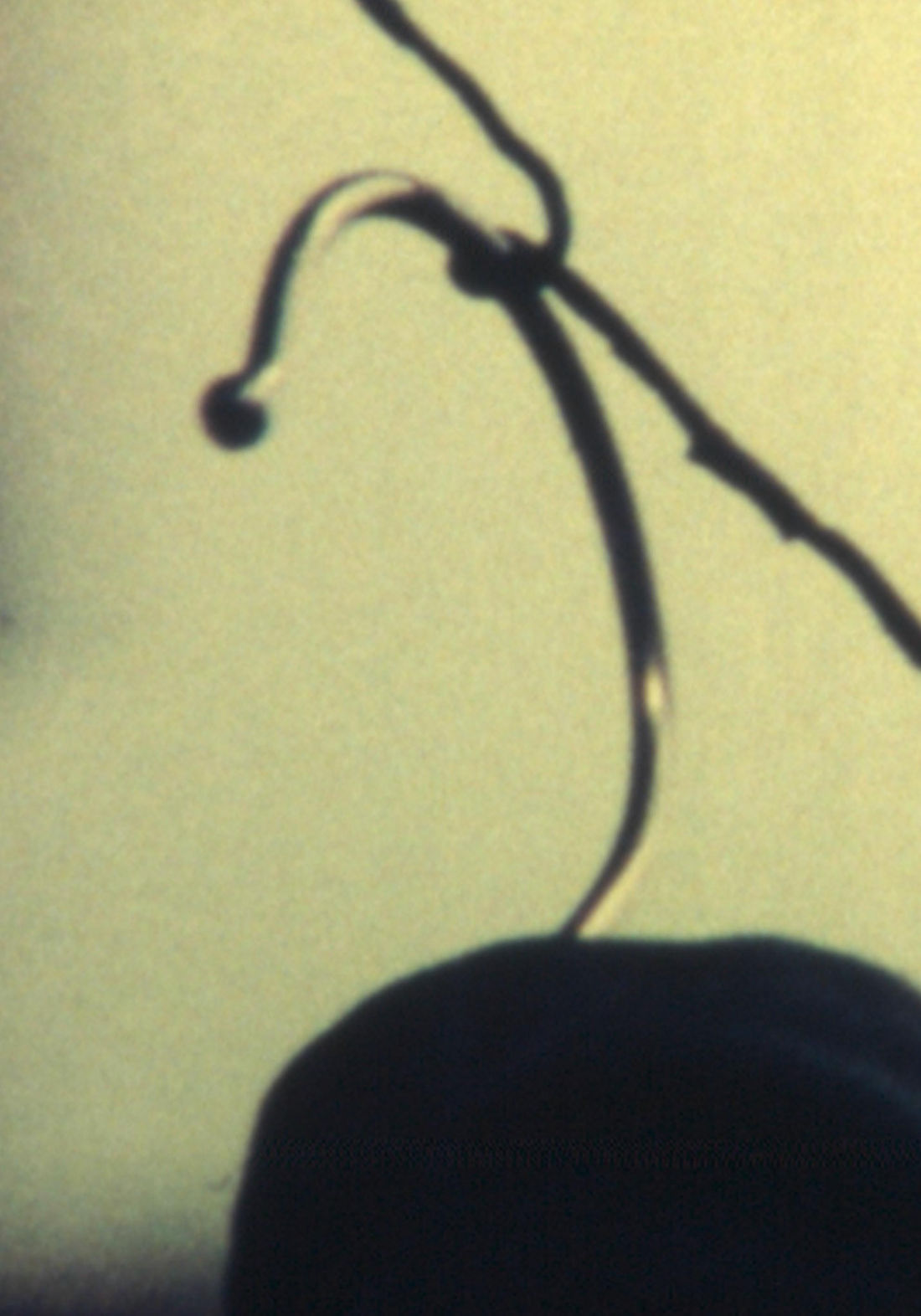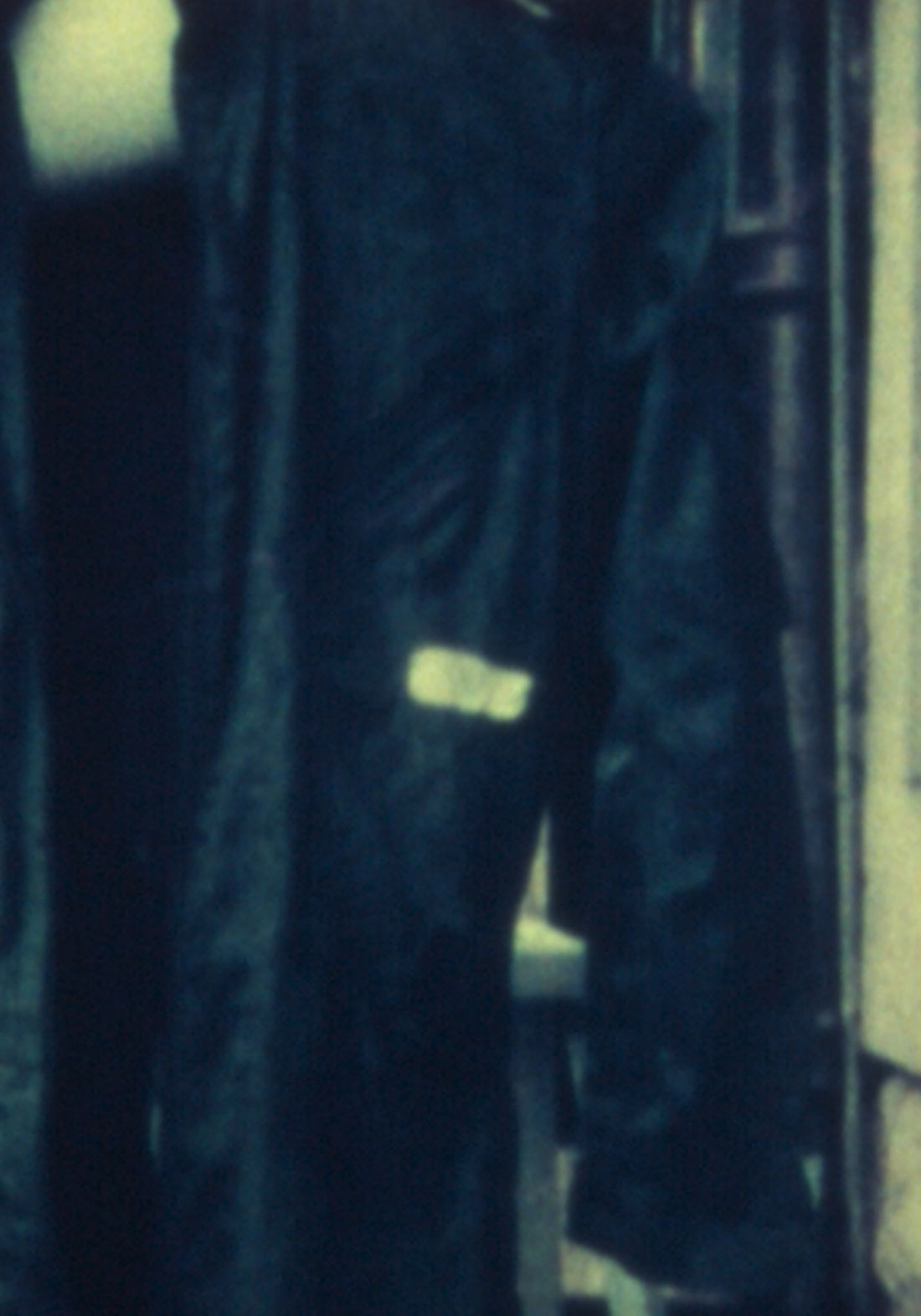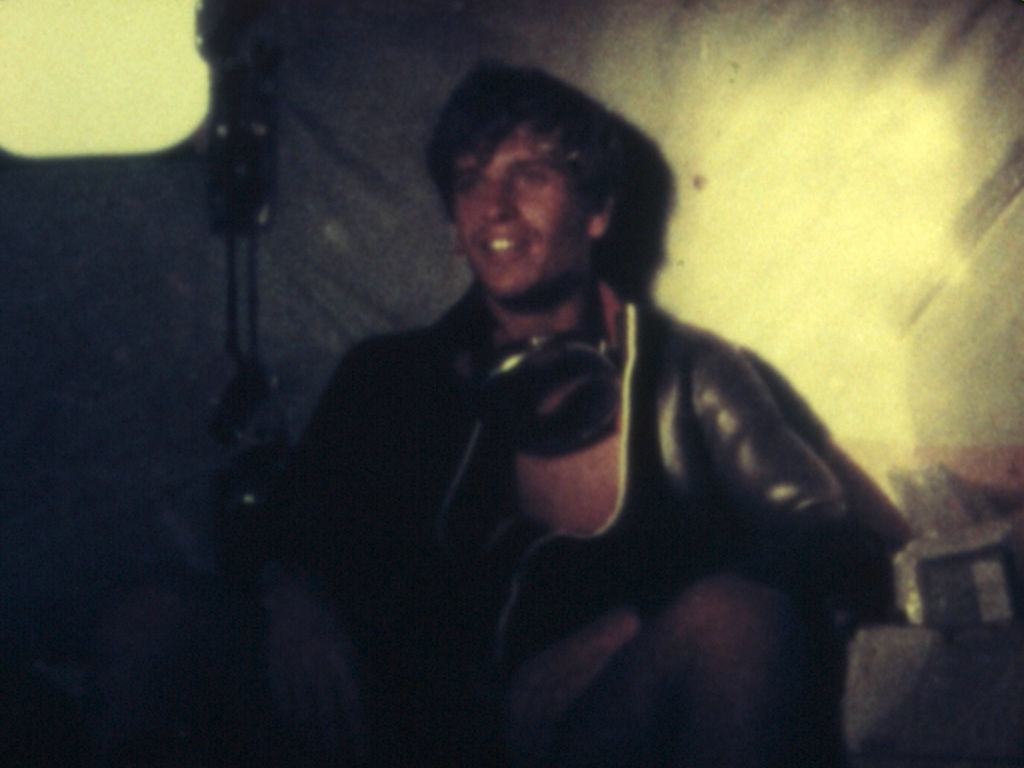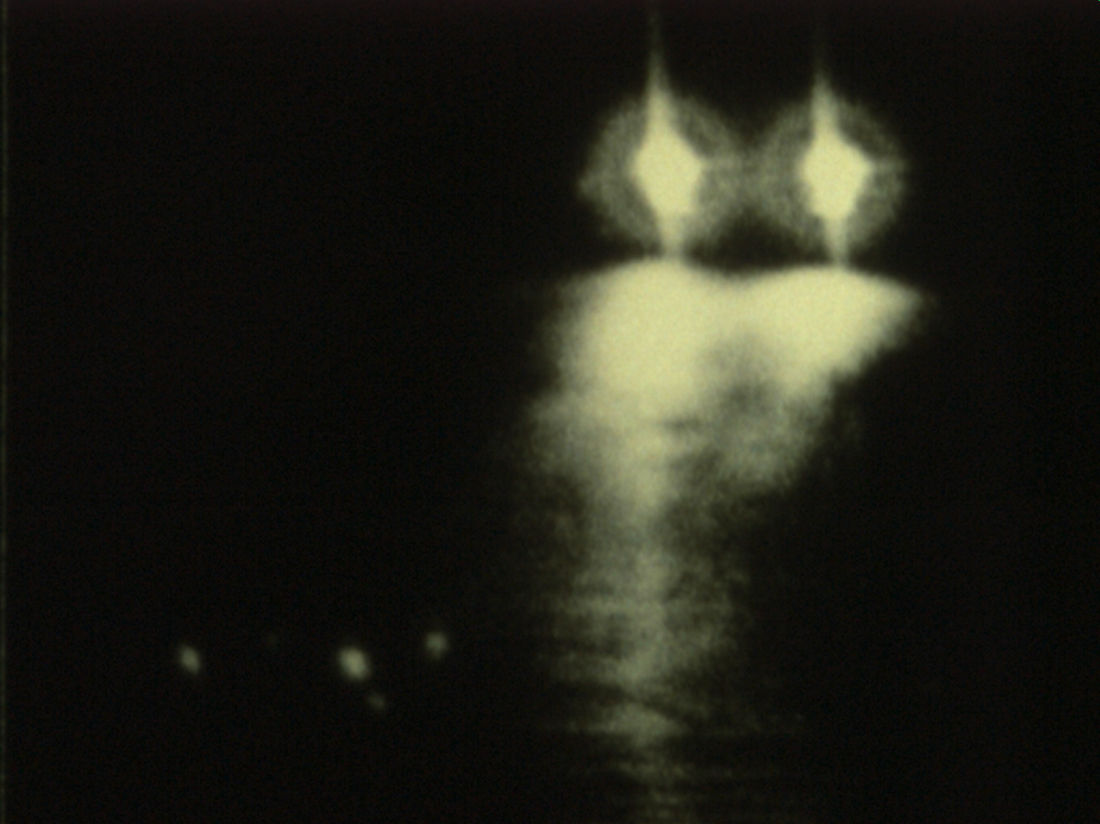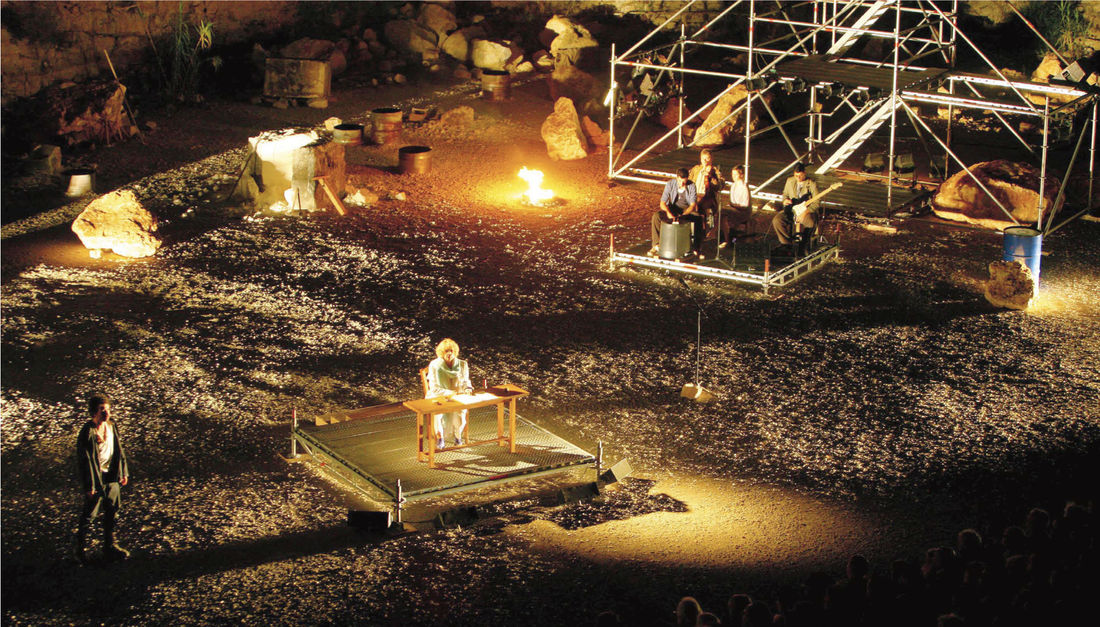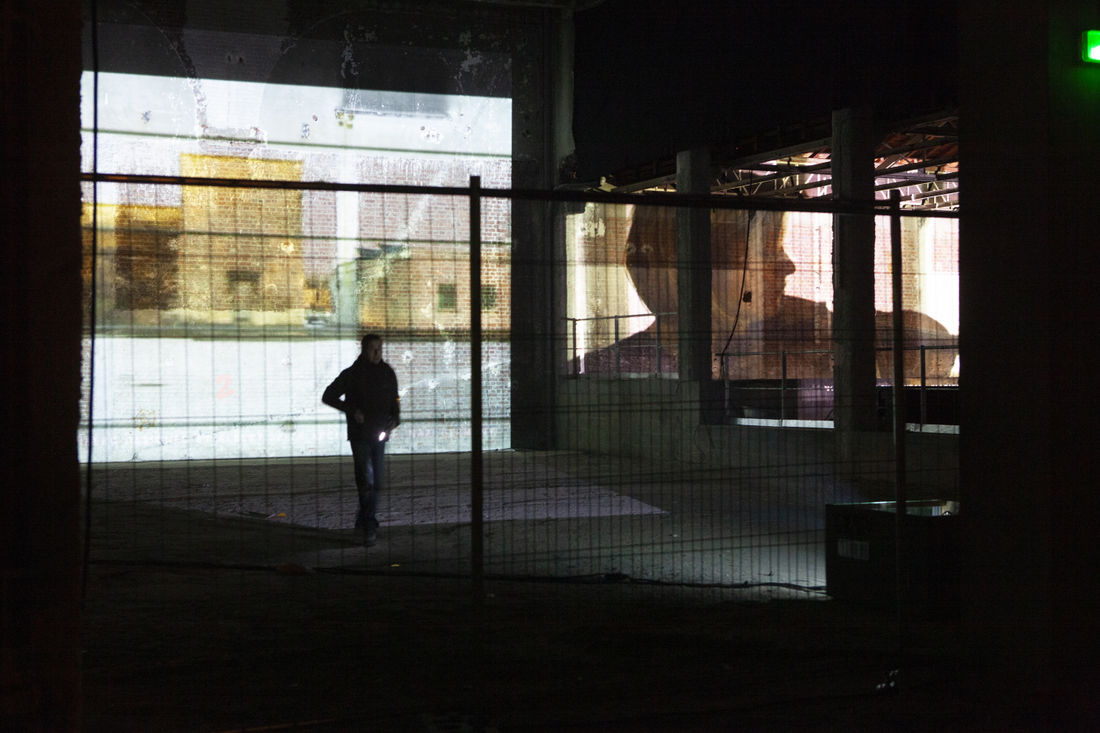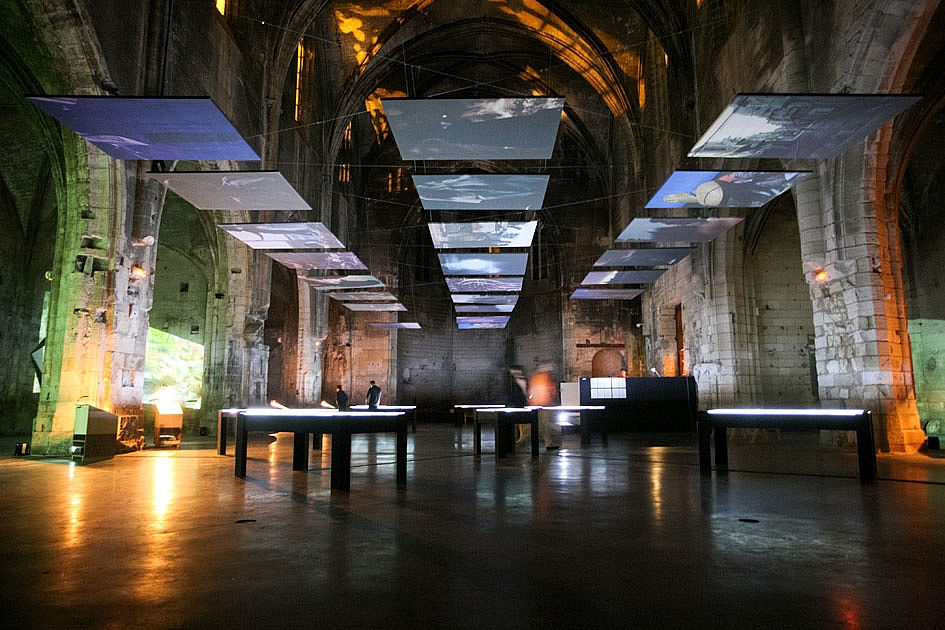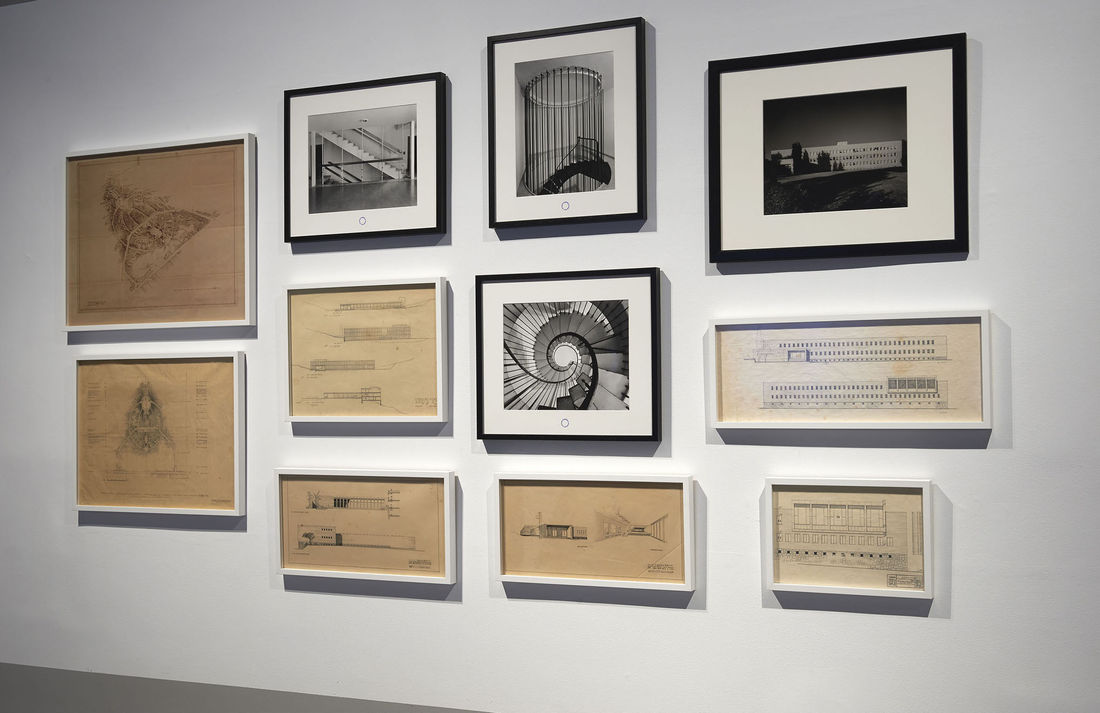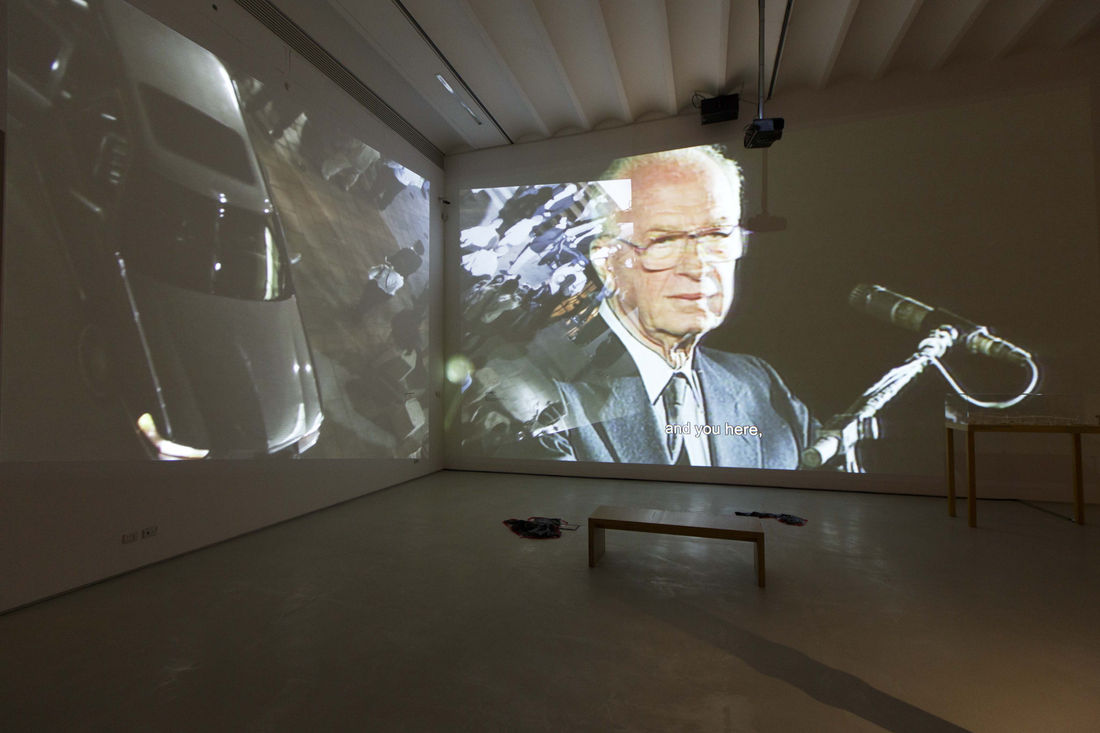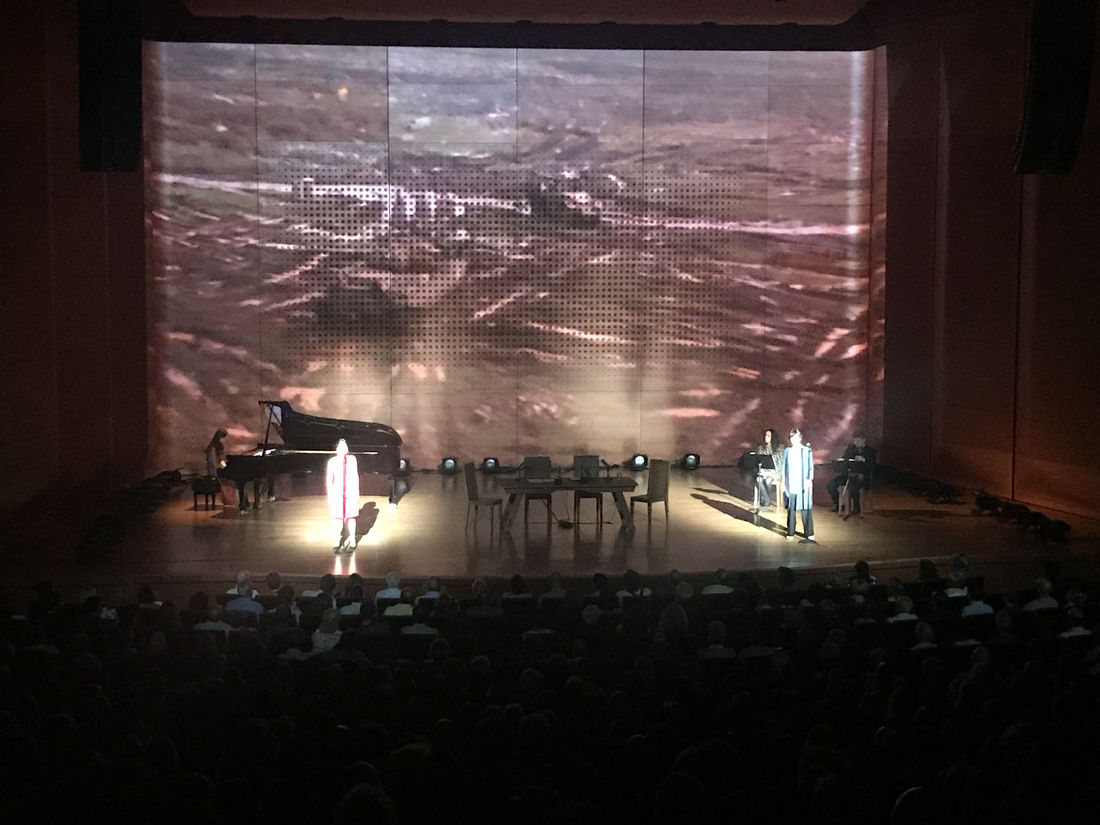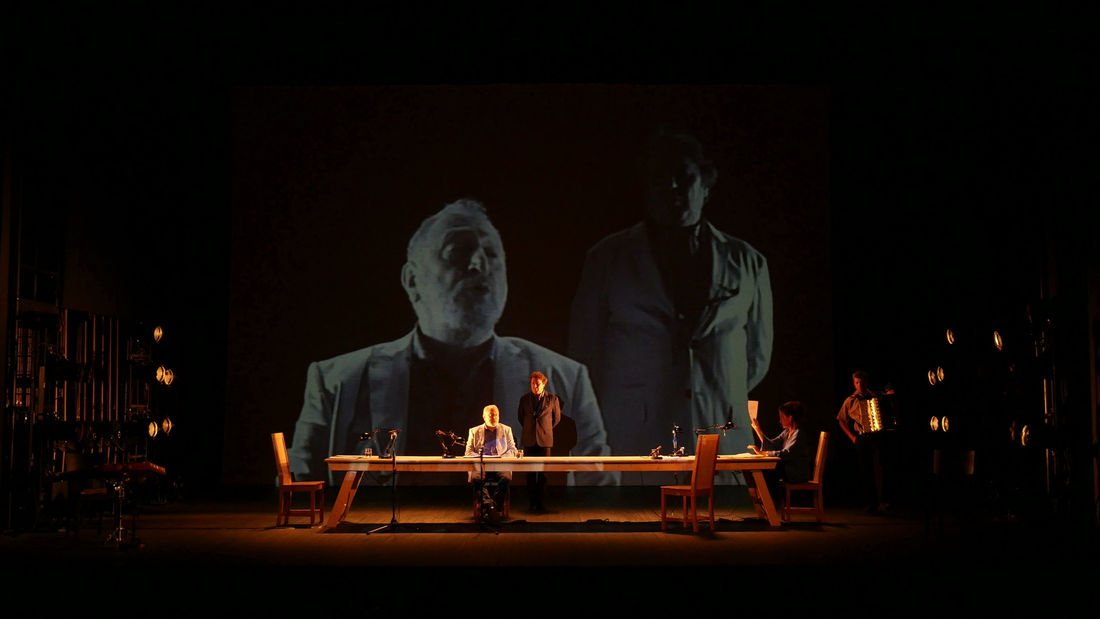

Amos Gitaï
Overview
'All my work is a civic gesture – about war, about religion – about the issues I'm interested in.'
Amos Gitaï is an Israeli film-maker, internationally known for his documentaries and feature films about the Middle East, the Arab-Israeli conflict, and personal and collective memory. Born in Haifa, Israel in 1950, he is the son of the Bauhaus-trained Polish architect, Munio Weinraub Gitaï, who fled the Nazi regime in Germany, where he was working in 1933, and the Israeli intellectual and activist, Efratia Margalit, a non-religious expert on biblical texts. While still an architecture student, Gitaï was wounded during the Yom Kippur War in 1973, when a medical evacuation helicopter in which he was travelling was hit by a Syrian missile. He has drawn on these biographical, familial and generational themes throughout his practice, as well as the trauma of war and the celebration of life in the face of adversity.
Gitaï's first feature-length documentaries House (1980) and Field Diary (1982) were rejected by the Israeli television commissioner. At odds with the authorities in his country, he settled in Paris where he shot several fictional and documentary films, including Esther (1985), Berlin-Jerusalem (1989) and Golem, the Spirit of Exile (1991). A passionate advocate for peace between Israel and Palestine, Gitaï further explores the role of memory in his stage productions, which combine film, music and acting. His performance Yitzhak Rabin: Chronicle of an Assassination Foretold (Festival d'Avignon, 2016) notably investigates the death of Yitzhak Rabin, a key figure in the Oslo Accords who was assassinated in 1995. His photographic works, which capture the emotional intensity of a single moment, represent an improvised autobiography that, with hindsight, bears testimony to a shared reality.
Amos Gitaï is an Israeli film-maker, internationally known for his documentaries and feature films about the Middle East, the Arab-Israeli conflict, and personal and collective memory. Born in Haifa, Israel in 1950, he is the son of the Bauhaus-trained Polish architect, Munio Weinraub Gitaï, who fled the Nazi regime in Germany, where he was working in 1933, and the Israeli intellectual and activist, Efratia Margalit, a non-religious expert on biblical texts. While still an architecture student, Gitaï was wounded during the Yom Kippur War in 1973, when a medical evacuation helicopter in which he was travelling was hit by a Syrian missile. He has drawn on these biographical, familial and generational themes throughout his practice, as well as the trauma of war and the celebration of life in the face of adversity.
Gitaï's first feature-length documentaries House (1980) and Field Diary (1982) were rejected by the Israeli television commissioner. At odds with the authorities in his country, he settled in Paris where he shot several fictional and documentary films, including Esther (1985), Berlin-Jerusalem (1989) and Golem, the Spirit of Exile (1991). A passionate advocate for peace between Israel and Palestine, Gitaï further explores the role of memory in his stage productions, which combine film, music and acting. His performance Yitzhak Rabin: Chronicle of an Assassination Foretold (Festival d'Avignon, 2016) notably investigates the death of Yitzhak Rabin, a key figure in the Oslo Accords who was assassinated in 1995. His photographic works, which capture the emotional intensity of a single moment, represent an improvised autobiography that, with hindsight, bears testimony to a shared reality.
Gitaï has received numerous awards for his work, including a Leopard of Honour at the Locarno International Film Festival (2008), the Roberto Rossellini Prize at the Cannes Film Festival (2005) and the Robert Bresson Prize at the Venice International Film Festival (2013). Since 1999, several of his films have been entered in the Cannes Film Festival for the Palme d'Or, as well as at the Venice International Film Festival. Retrospectives of his work have been presented at numerous institutions worldwide, including the British Film Institute, London (1985); State Film Museum, Moscow (1991); Centre Pompidou, Paris (2003); The Museum of Modern Art, New York (2008); Cinémathèque Française, Paris (2014); and Museo Nacional Centro de Arte Reina Sofía, Madrid (2014).
Videos

